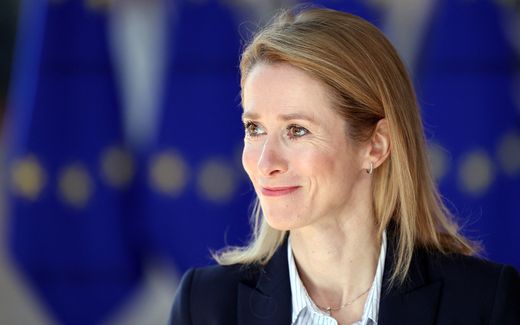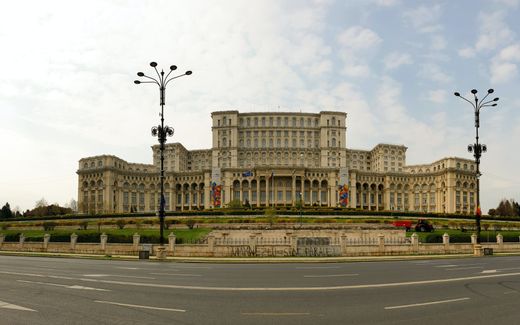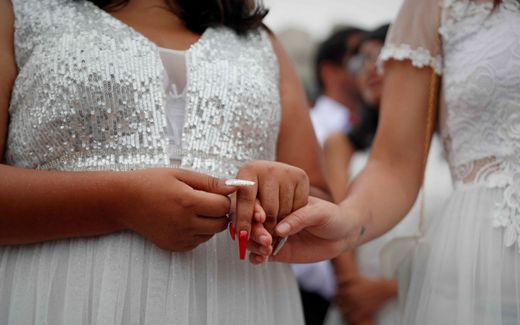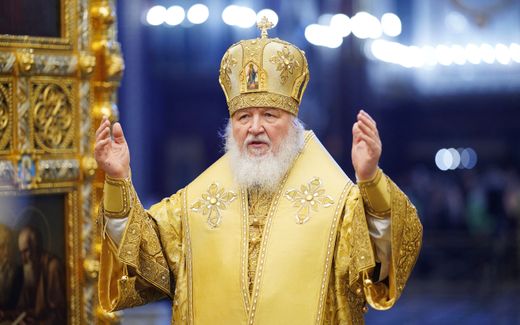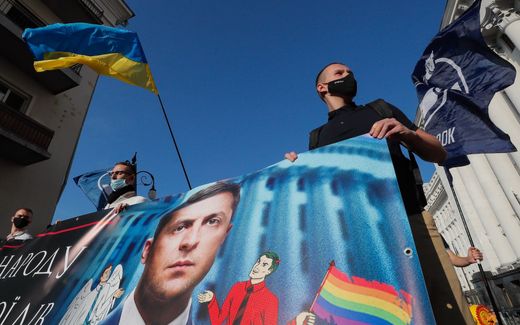Evert’s comment: Let Putin invest in family values before he criticises the West
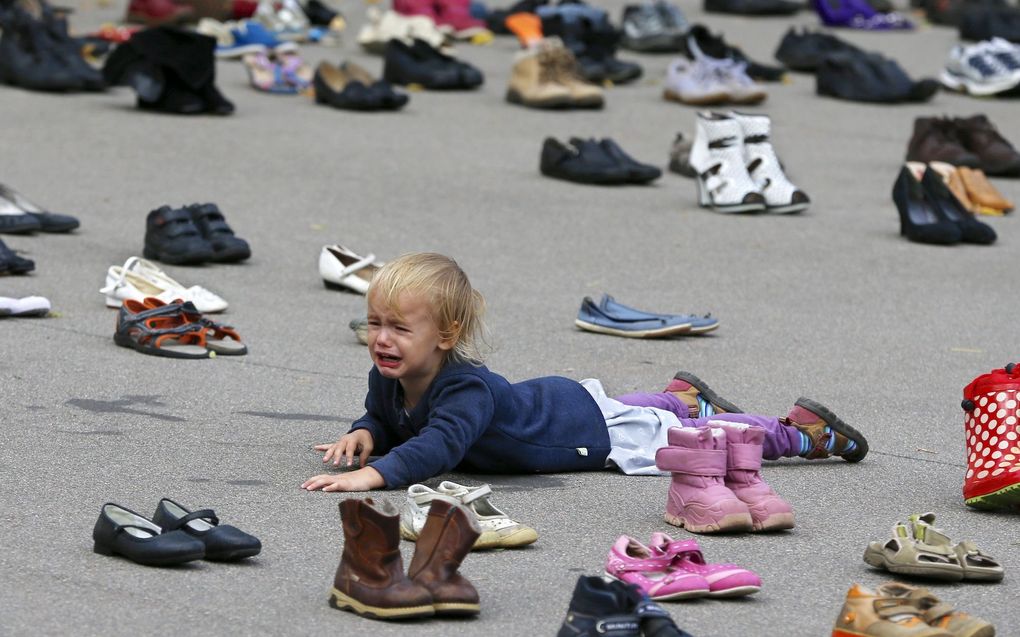
Child in the midst of a pro-life demonstration in Moscow, 2017. In terms of socio-ethical policy, Russia is not conservative at all. Conservative people in the West should realise this. Photo EPA, Yuri Kochetkov
Opinion
Gay marriage is a way to fight against the Russians. That was a statement by a left-wing politician to welcome the re-definition of marriage in Estonia, last Tuesday. It is a good question whether this is right.
“Same-sex marriage makes it clear to the Russians that we are not on their side.” By saying this, the Estonian Social Democrat, Eduard Odinets, creates a frame. Actually, he says, all of us who defend traditional marriage are part of Putin’s camp. And since Putin is a threat to Europe, all traditionalists are a danger to peace. That is quite an aggressive way to de-legitimise the other position.
There is no doubt that the vote in Estonia introduces a new era. Until now, all the former ex-Soviet countries had limited marriage to a man and woman. Recently, the former Yugoslav republic Slovenia was the first country from the Eastern Block to open marriage for homosexuals. But we know from debates in other countries that Slovenia and Estonia will not be the last to change their family law.
Within the European Union, there is a clear difference between the western and eastern countries. Regarding family life, the east is much more conservative than the west. Many of these countries have marriage defined in the Constitution as a relationship between one man and one woman, sometimes as a reaction against the liberal tendencies elsewhere.
Also, Russian President Putin says his fight in Ukraine is against the “Western values” of sexual depravity. The leader of the Russian Orthodox Church, Patriarch Kirill, even said that the war was there to stop the Gay Parades. Same-sex marriage is just a symbol of all this. Behind this reasoning, there is an entirely different understanding of society than Western Europeans have. In the east, the law is for the community, not the individual. In the west, the individual claims a place in the law for his desires to be recognised as “legal”. However, some of them would be seen as an abomination and sin in the recent past.
Many conservatives in the West admire Poland and Hungary, since those countries stick to their traditional position. With that, they think they provoke the position that “Brussels” is assumed to take, namely the liberal one.
On paper, Brussels has no position on family law. The European Union has no shared values. Many Protestants and Catholics have argued to enshrine the Christian values in a Constitution, but with no success.
In theory, this means that Europe is open when it comes to values. Both the conservatives and the liberals claim space there.
The EU says, it is not meant for values but for economics and freedom. That sounds okay, but, of course, it does not work this way. Freedom and economy are open concepts. They need steering and direction. And direction is not possible without values. Although it might work for a while if you don’t mention them.
It seems that the liberals are winning at the moment. The European Court of Human Rights (ECHR, indeed, no EU organisation, but part of the ‘family’) ordered both Romania and Ukraine to legislate for a civic partnership for homosexuals.
Of course, that is not the same as marriage. But the judges would never have said this if they would see homosexuality as an ‘alternative’ activity that does not need legal cover. From the Sexual Revolution of 1968 until the mid-90s, most homosexuals preferred their lifestyle to be something not bourgeois at all. It was outside the legal area, and certainly not as civilised as the traditional family. And in this, the church agreed since the Christian tradition sees homosexual activity as a sin. But now, the judges in Strasbourg say all countries should facilitate homosexual living together as a family. If that is not value-driven, nothing is.
Paradox
Having said this, it might be wise for Christians from the West not to identify too much with countries in Central and Eastern Europe. Yes, those countries are very conservative if it goes about, for instance, family relations and adoption. But there is a paradox here. In other aspects, they can be very liberal.
Let’s take abortion. Countries behind the Iron Curtain were much earlier with legalising the termination of pregnancies than Western Europe. And the abortion numbers are still much higher. Poland is really an exception. In Hungary, even this so-called Conservative-Christian government from 2010 has done nothing substantially to limit the liberal abortion law.
Or have a look at surrogacy. Until the war in Ukraine, there was a flourishing ‘industry’ for babies in Russia, Georgia and Ukraine. Many couples from the West received a child from the East.
Western European countries are much more reluctant about surrogacy. It is tempting to try to explain this difference. Is it a different view on parenthood or the interests of the child? Or does it have to do with the Socialist past?
And then, finally, another moral matter: corruption. On the European index, Denmark and Finland are ranked as the best countries, whilst Russia and Ukraine are at the bottom. It is pretty clear that you get fairer treatment on the western side of the Iron Curtain than on the eastern side (with the Baltic countries as the exception).
Victim
Some Westerners go even that far as to say that Putin and Kirill are correct in their criticism of the West and that the Eastern Bloc countries are an example for France, Germany and the Netherlands. But honestly, they are wrong.
If Putin and Kirill are fond of family values, they have enough work to do in their own country. In Russia, the divorce rate is the highest in Europe, together with Belarus and Ukraine. Enough research shows that children are usually victims of separation, with long-term consequences. Of course, the state cannot just force parents to stay together. But the government can do much to stimulate this. That would be an investment in both happiness and values.
Evert van Vlastuin (1972) has been working as a journalist from the early 90s.
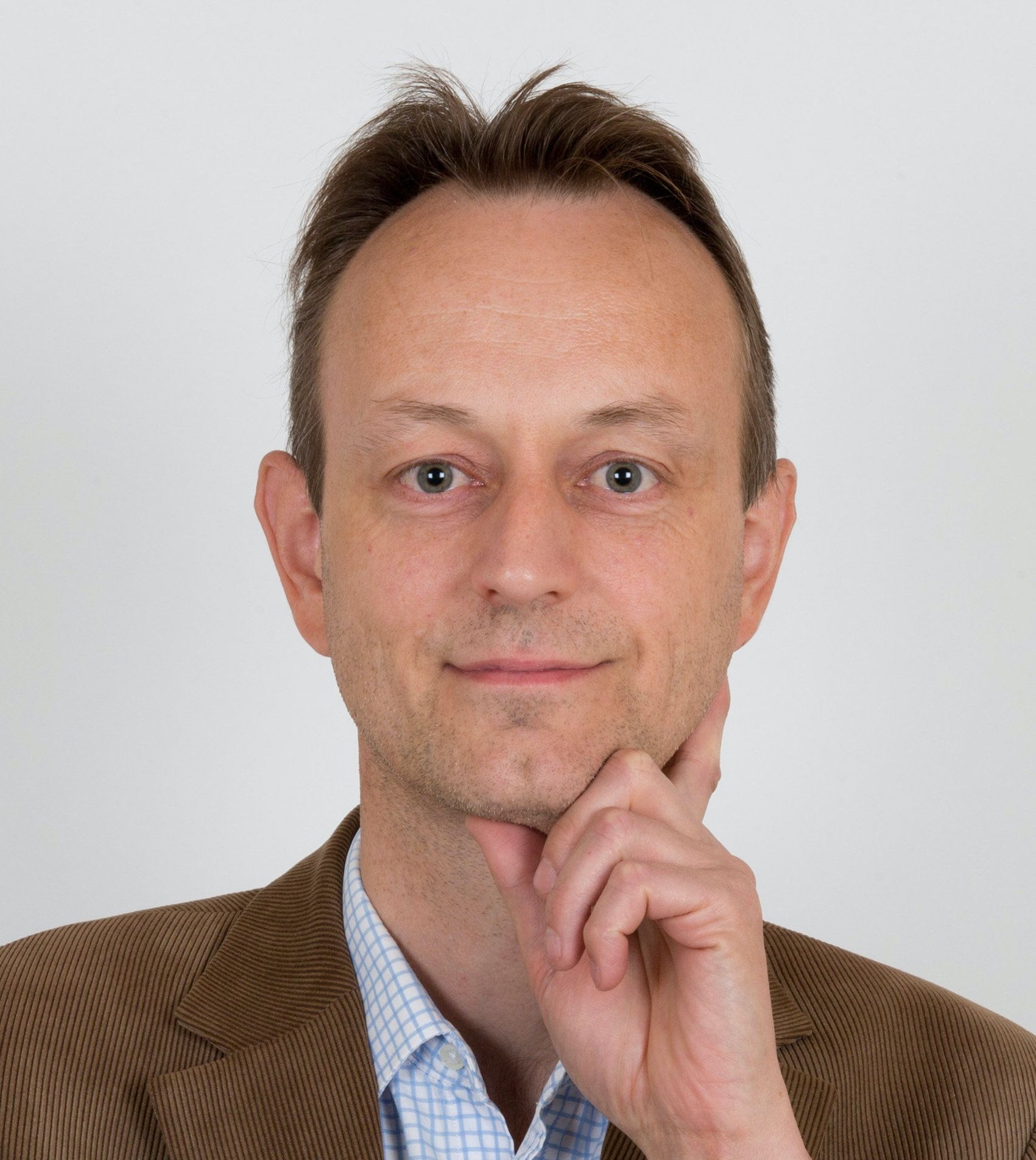
He has interviewed several Nobel Peace Price winners as the former South African president F. W. de Klerk and two from Northern Ireland, John Hume and David Trimble.
From 2001, he worked as a foreign news reporter for the Dutch Reformed Daily. Since 2021, he works as managing editor for the start-up CNE.news.
Respond to Evert by e-mail.
Related Articles


